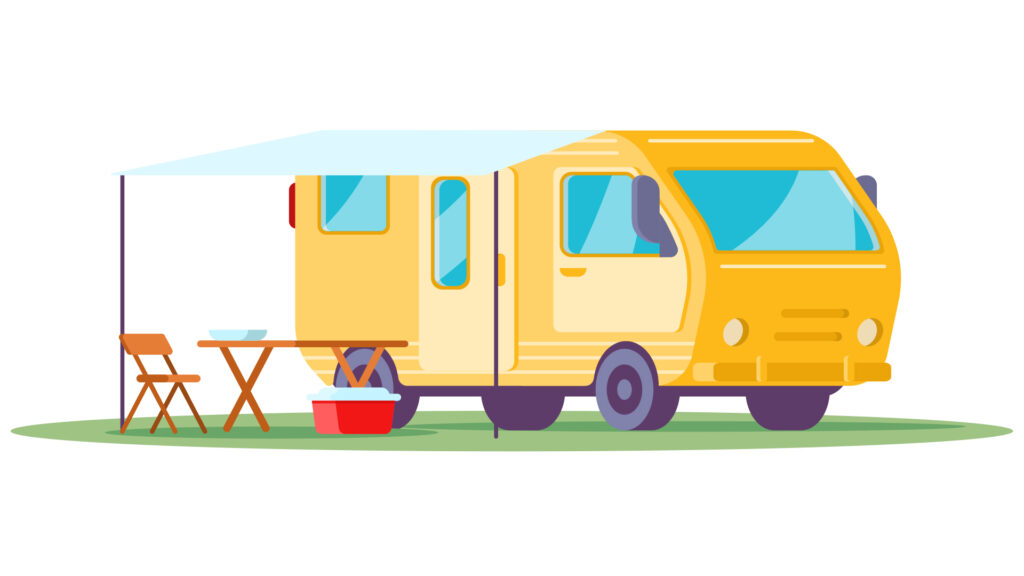Most of us are looking for some good ways to save a little dough, no matter the economic conditions. And when times get tighter or costs increase faster than expected, the wallet can really feel restrictive.
If you’re living in your RV full-time to minimize your impact and save up for the future, you’re probably well aware of your budget constraints. But even if your bank account is quite healthy, thank you, it’s still a good idea to have a budget and know what’s going out regularly to prepare for a financially stable future.
Why Budget?
There are numerous reasons it’s important to set up a budget when RVing. For one, it’s important to live within your means. Many RVers embrace this lifestyle for its simplicity and the freedom it offers compared to our nearly endless consumer-driven society.
A budget can allow you to travel more or longer, extending your adventures without straining your wallet. It can also help reduce fuel costs, one of the biggest expenses of living in your RV. Even if you have a brand-new RV, occasional maintenance and unexpected repairs are inevitable. You don’t want such issues to become roadblocks. Finally, having a budget allows for greater flexibility if and when you come across unplanned opportunities.
For instance, perhaps you want to experience a local festival, find a hidden gem a few miles off your chosen route, or love an area so much you want to spend some extra time exploring. A budget can allow you to embrace those experiences without financial worry.
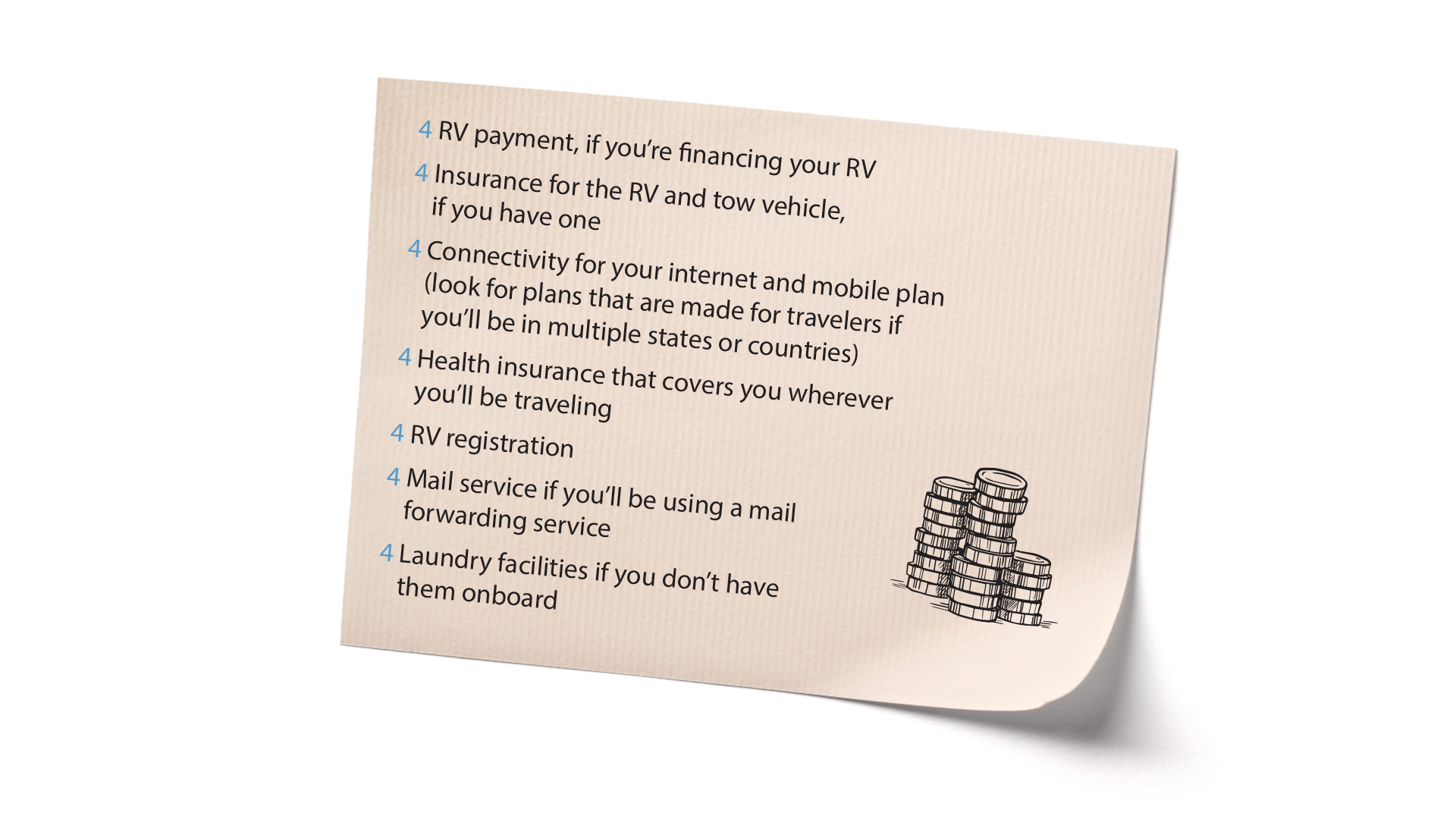
How to Set Up Your RV Budget
Setting up your RV budget is much like setting up a home and car budget at the same time. If you’ve done either in the past, many of the categories should seem familiar. Start by putting together your fixed expenses, such as:
- RV payment, if you’re financing your RV
- Insurance for the RV and tow vehicle, if you have one
- Connectivity for your internet and mobile plan (look for plans that are made for travelers if you’ll be in multiple states or countries)
- Health insurance that covers you wherever you’ll be traveling
- RV registration
- Mail service if you’ll be using a mail forwarding service
- Laundry facilities if you don’t have them onboard
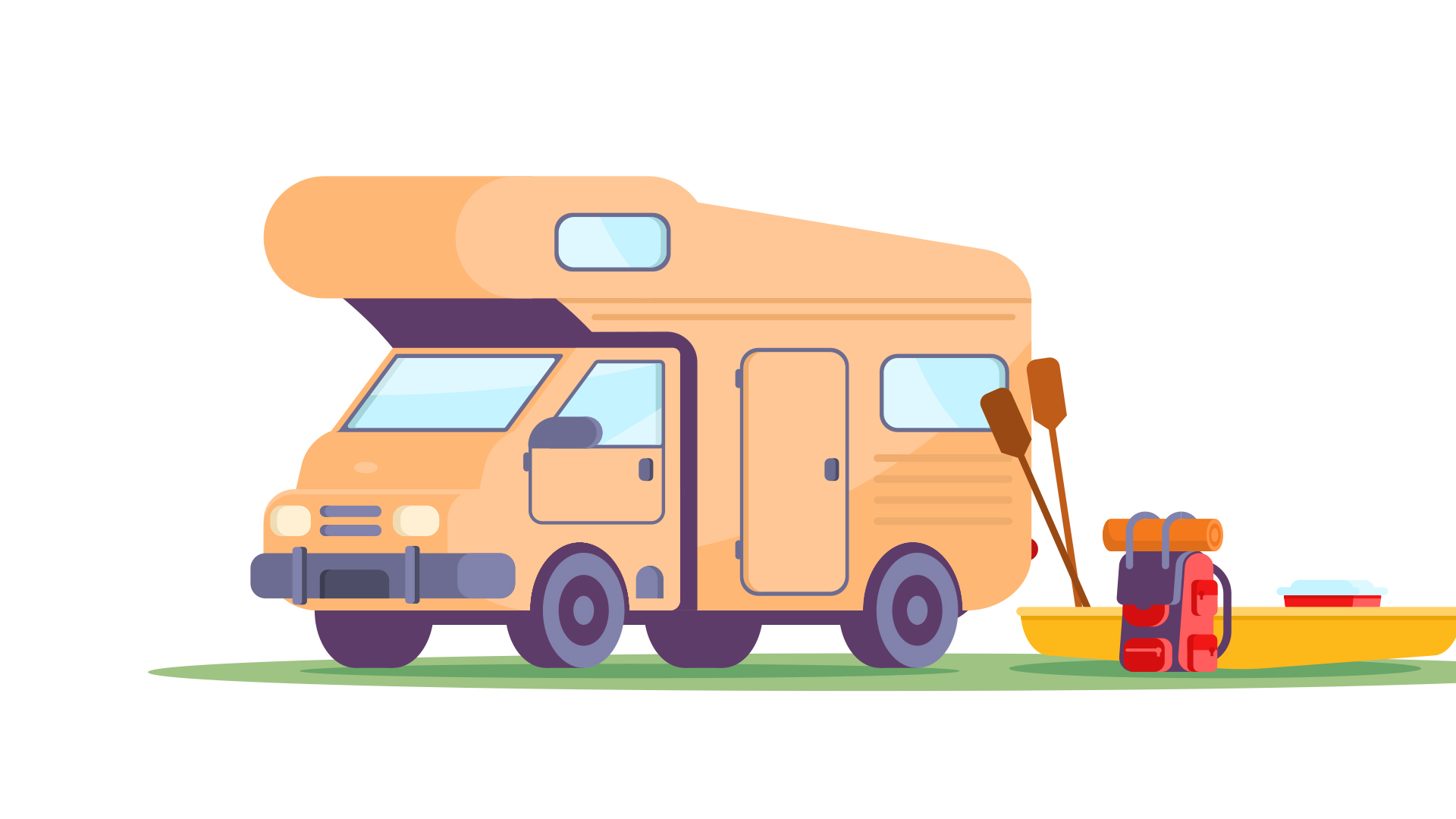
Next, consider your variable expenses, which can change depending on your RV, travel style, destinations, and personal habits. For instance, you’ll need to have a good grasp of how much you’ll spend on:
- Fuel
- Campsite fees
- Dump and water stations (when needed)
- Groceries
- Dining out
- Activities
- Entertainment
- Utilities
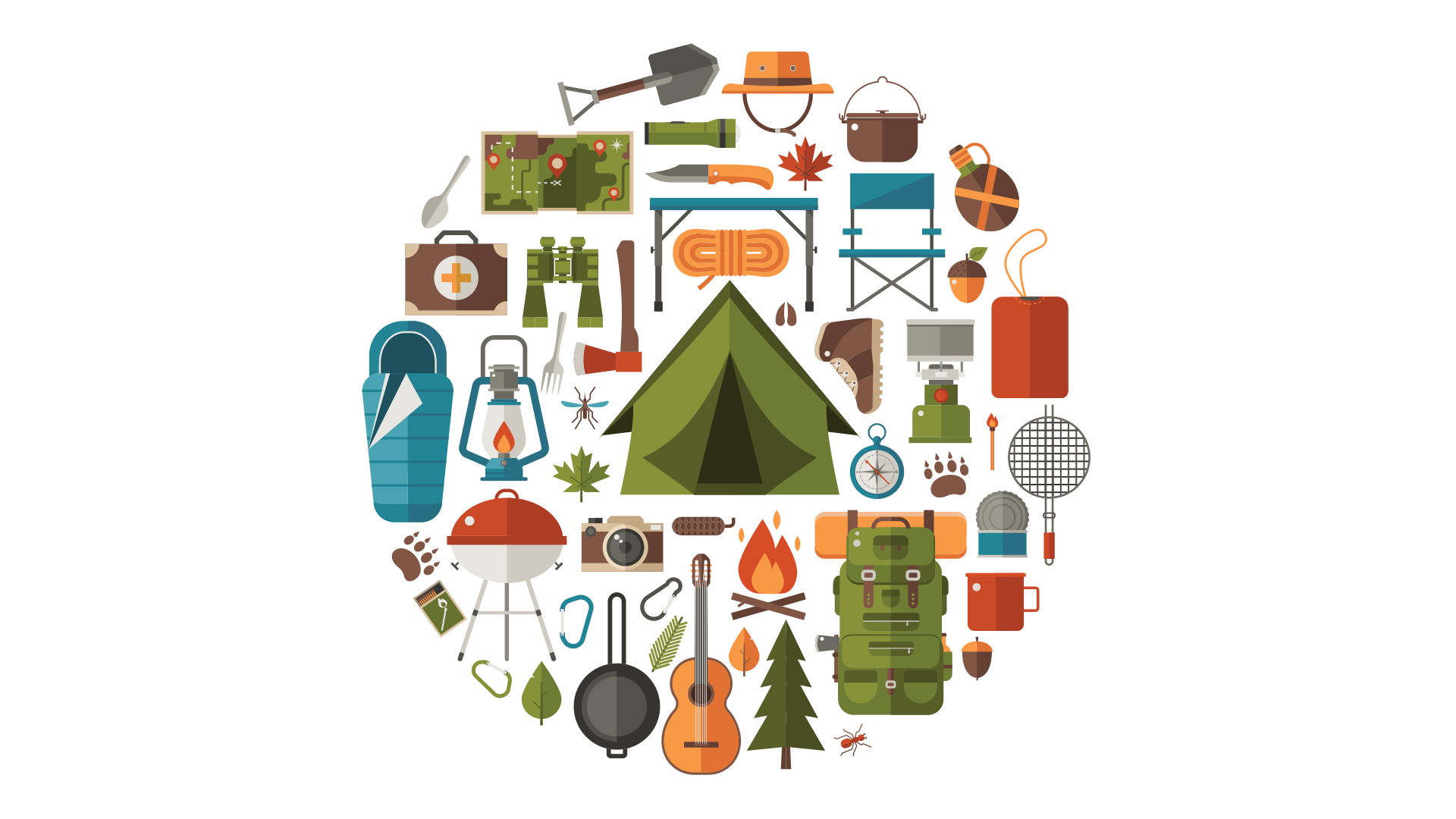
Saving is also important as unexpected expenses are inevitable. Budget for:
- Regular RV maintenance, repairs, or upgrades
- Tires
- Emergencies
- Future plans
- Retirement (if you haven’t yet reached this milestone)

Once you’ve created your budget, you’ll want to compare your current living expenses to the budget and adjust as needed. The first budget or spending plan you make will serve as a baseline. Especially over the first few months, you’ll likely need to tweak it as you better understand the true costs of living on the road.
Some costs may decrease over time. Others will increase. So, tracking your budget meticulously (daily, weekly, or monthly, depending on your financial habits and goals) can help you stay on track or adjust as needed.
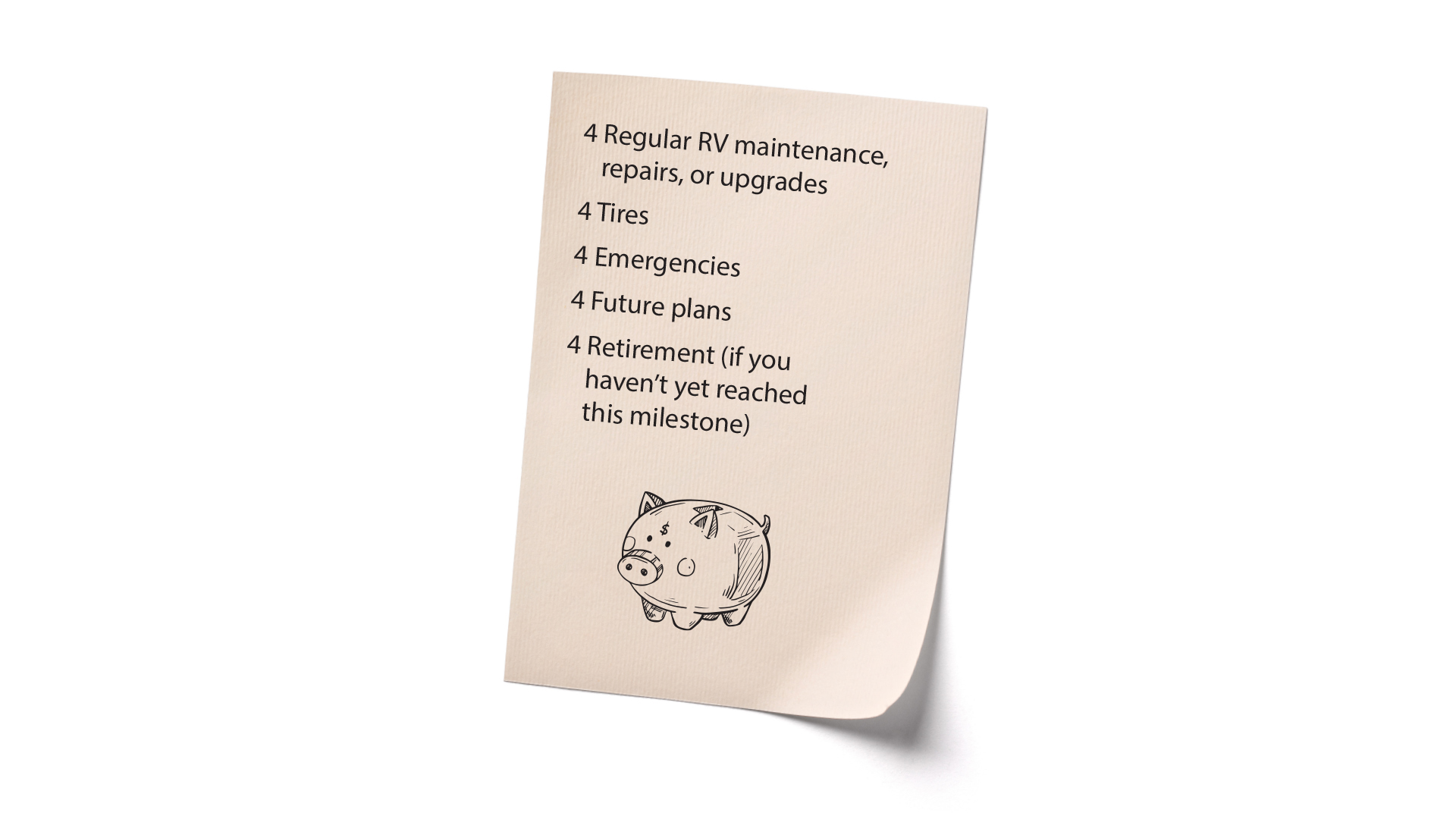
How to Save Even More with Your RV Budget
You can often dial back on your spending without depriving yourself of experiences and fun. For example, planning your route and stops can minimize unnecessary driving, saving greatly on fuel costs. You may be able to find more efficient routes or low-cost or even free camping sites, especially if you are boondocking in more natural settings.
Luxury RV camping sites can cost upwards of $100 each night, which can add up quickly. For more affordable options, explore national forests, BLM lands, or even some parking lots when you need to overnight in a city. Use a website or app like freecampsites.net to find options from other RVers.
You can save on your campsite fees if you can do without a full or partial hookup. The less expensive campsites, however, likely will not have luxury amenities like larger sites, pools, onsite restaurants, or entertainment.

Another way to save is by signing up with Good Sam. Memberships start at $39 per year, and they offer 10% discounts on campgrounds throughout the U.S. They also come with other attractive benefits for RVers, such as fuel savings, free dump station privileges, retail discounts, and more.
Fuel can be one of the biggest expenses when living full-time in an RV. You may be able to improve fuel efficiency, and thus fuel costs, by driving at consistent, moderate speeds. Decreasing your load by pairing down to only the necessities can also cut fuel costs. Ensuring your RV is well-maintained is another way to conserve fuel.
Staying in one place for longer can not only save fuel, but many campgrounds have discounted rates for longer stays, such as weekly or monthly. You can also often save greatly by traveling off-season. As a bonus, you’ll likely find popular destinations have smaller crowds if you prefer more peaceful settings.
While it’s certainly enjoyable to eat out from time to time, it’s also a way to quickly burn through your budget. Most RVs have a place to prepare and cook meals. Planning your meals and snacks ahead of time, cooking recipes that require just a few ingredients, and shopping locally and seasonally are great ways to better manage your food budget.
In addition, choosing versatile ingredients that can be used in multiple recipes can help save space and costs. For instance, one rotisserie chicken can be used to make salads, soups, sandwiches, or a casserole. This can also help reduce food waste while keeping your dietary choices interesting and satisfying.
Dried and canned goods can be cost-effective and take up minimal space. Plus, they’re versatile enough to make a surprising assortment of meals. When choosing snacks, look for more filling and nutritious ones, like nuts, seeds, and granola, which are more cost-effective, healthier, and easier to store than processed snack options.
A good filtration system in your RV can also ensure you have plenty of good quality drinking water and won’t need to buy bottled water. This is both more cost-effective and environmentally friendly for people on the road.
The cost of RV living varies significantly based on the type of RV, your travel style, how often you move around, and more. Some people can live very comfortably on a minimal budget. Others want to have extra cash to enjoy luxuries and experiences. The key to living full-time on your RV budget is knowing your lifestyle and goals and ensuring your budget is in alignment.

